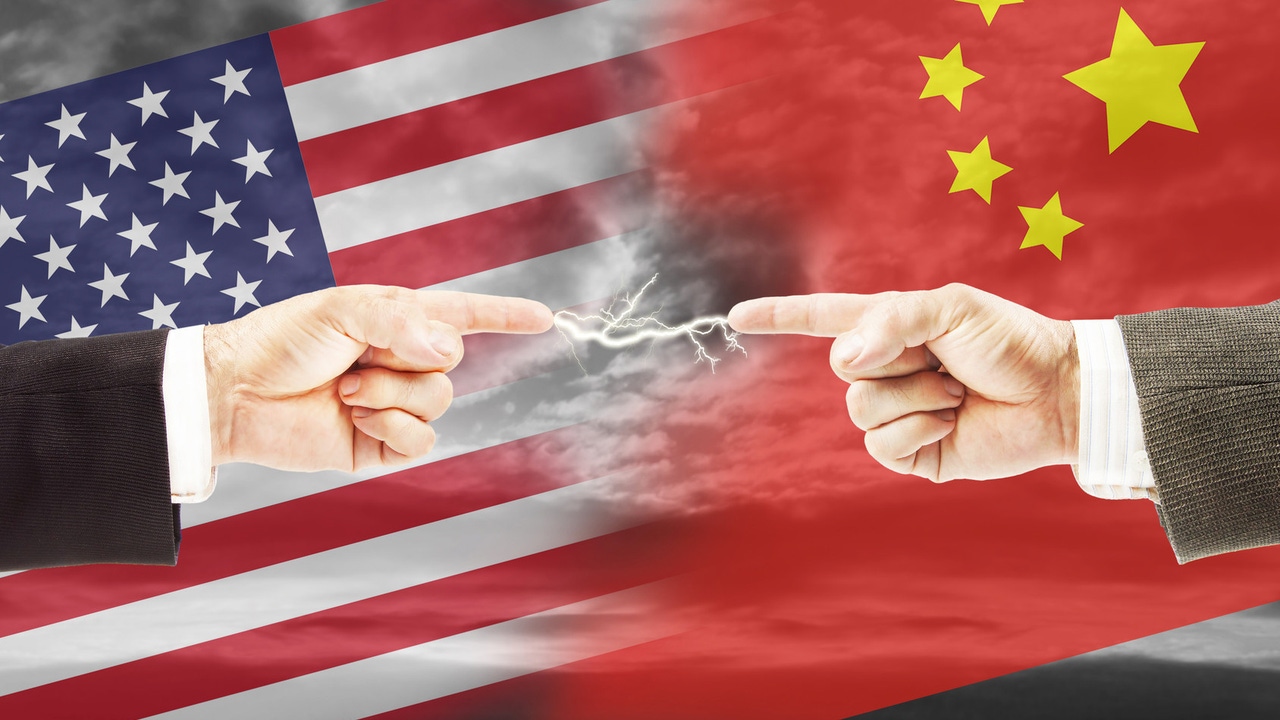What price is the US prepared to pay to hinder China?What price is the US prepared to pay to hinder China?
It has been reported that the US is thinking of preventing anything that might have been made using American products from being sold into China.
July 17, 2024

Bloomberg reports that the US is considering using the most severe trade restrictions to force non-US chip companies from selling to Chinese companies. The story is paywalled but secondary reporting reveals the restrictions in question focus on the Foreign Direct Product Rule, through which the US unilaterally grants itself the power to stop any product made anywhere in the world from being sold if it was made using US technology.
This would clearly be an absurd over-reach from a country apparently intent in alienating the rest of the world in its futile bid to put the Chinese technological genie back in the bottle. Imagine any other country trying to tell US companies what they can do with products they bought from them. Once you have sold something it’s no longer yours, that’s kind of the point of trade.
The apparent cause of this increased desperation is ASML, the Dutch semiconductor manufacturing equipment maker that currently has a monopoly on a technology called Extreme Ultra Violet. It seems the most advanced chip manufacturing processes are only viable using EUV, so the US has understandably concluded that if China can’t get hold of it, then companies like SMIC can’t make the best chips.
Previous attempts to browbeat ASML into sabotaging its own commercial interests in subservience to US foreign policy have clearly failed. In its most recent earnings announcement ASML revealed that almost half of its sales this year have been to China. This marks a massive increase from 29% in 2023 and 14% in 2022. China is clearly stockpiling as much ASML kit as it can and the same seems to apply to Japanese chip kit maker Tokyo Electron.


So, if it decides to try to impose this extraordinary FDPR initiative, the US will effectively be demanding that Europe’s biggest tech company halve its revenues, as well as a major Japanese one. That’s a pretty shabby way to treat two of your most important allies.
Radio Free Mobile thinks it more likely that, instead, the US will ask them to renege on post-sales service and maintenance contracts for kit sold into China. Since these are presumably part of the price paid for them the legality and certainly the ethics of doing so would be highly questionable. But maybe the countries in question would view that as the best compromise.
Recent events in the US make it increasingly likely that the next administration may be a bit more conciliatory when it comes to geopolitics. On the other hand, Donald Trump has long had trade aggression towards China as a key policy. Whoever is in charge for the next few years will surely have to recognise that there is a ceiling to the current policy, with each new escalation not only yielding diminishing returns but causing increasing harm to Western interests.
About the Author
You May Also Like










.png?width=300&auto=webp&quality=80&disable=upscale)


_1.jpg?width=300&auto=webp&quality=80&disable=upscale)